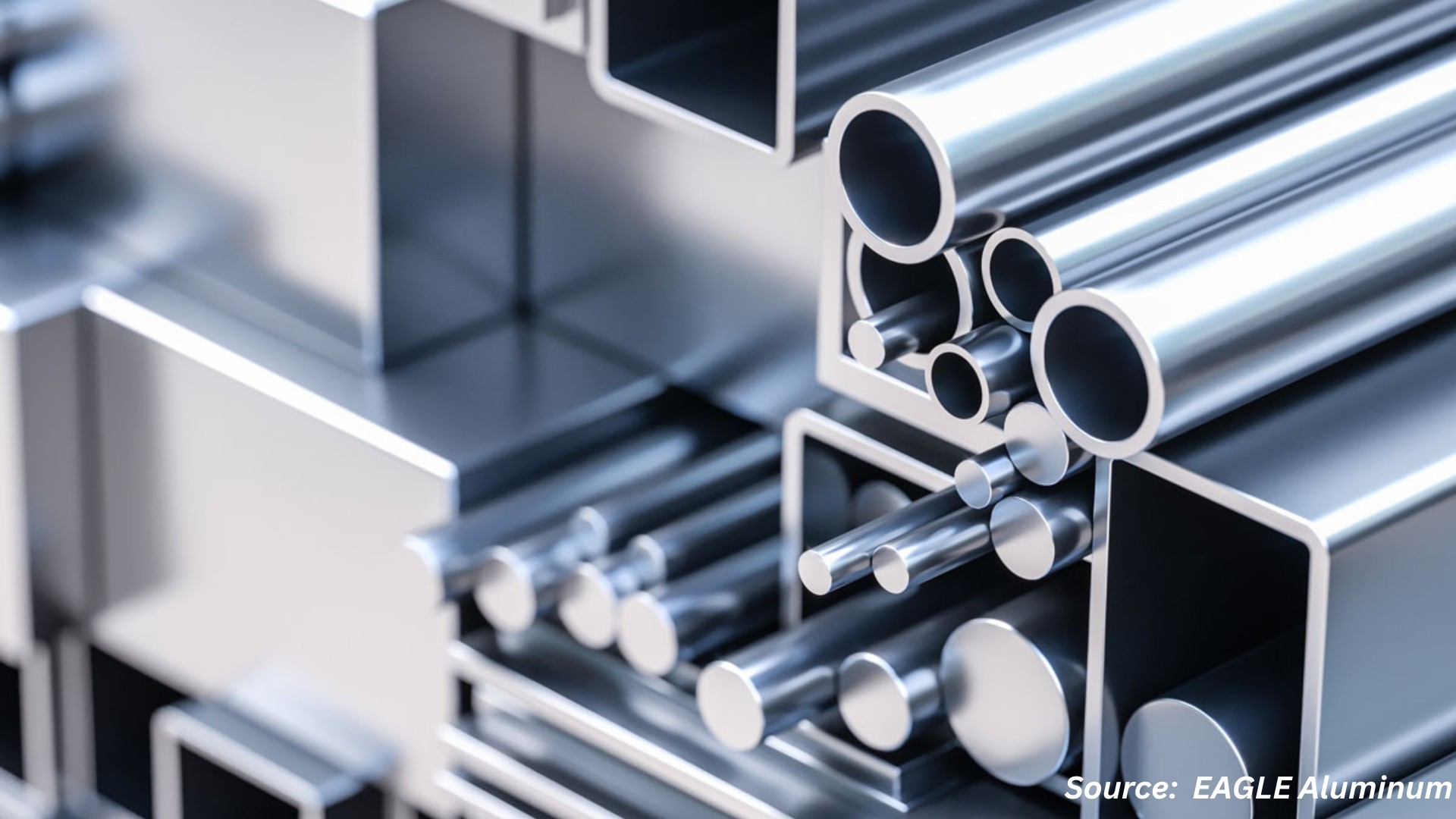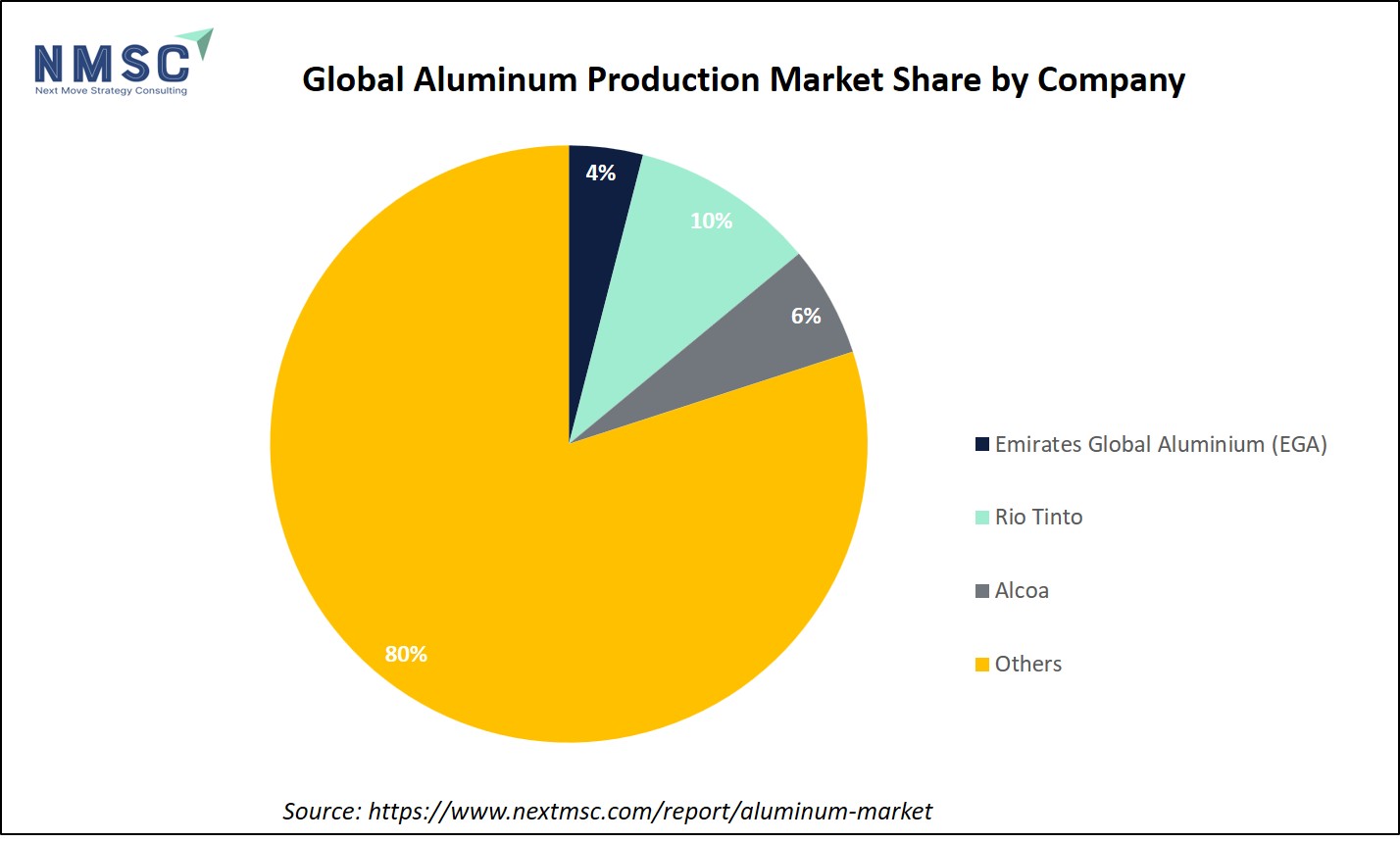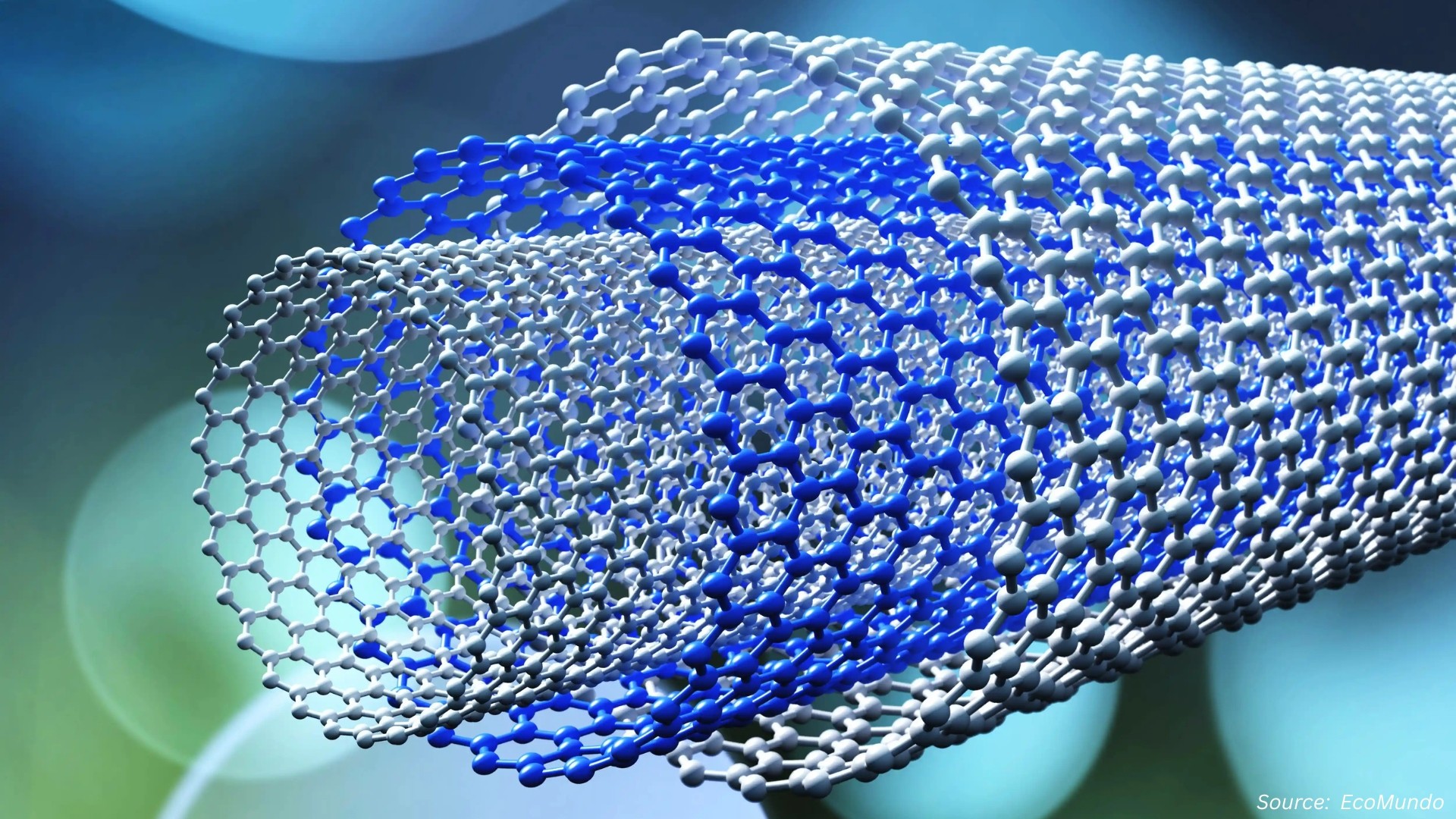Aluminum Market 2025: Innovations, Trade Shifts, and Industry Leaders Driving Transformation
Published: 2025-09-10

The global Aluminum Industry is undergoing a significant transformation, driven by sustainability initiatives, advanced manufacturing technologies, and evolving trade policies. From automotive and construction to packaging and aerospace, aluminum remains pivotal due to its lightweight, corrosion-resistant, and highly recyclable nature. Recent developments in low-carbon production methods and digital process optimization have further fueled market expansion across multiple regions.
Latest Developments Reshaping the Aluminum Market
Alcoa’s Low-Carbon Drive Gains Momentum
Alcoa Corporation announced today its participation in the World Economic Forum’s First Suppliers Hub, a global platform showcasing innovative suppliers that provide essential materials to advance the goal of worldwide industrial decarbonization by 2050.
U.S. Trade Policy Clears Import Uncertainty
In January 2025, the U.S. Department of Commerce issued a final negative ruling on anti-dumping and countervailing duties for aluminum wire and cable from China. This decision clarified the scope of import restrictions, enabling more predictable market dynamics for aluminum wire products.
EGA Embraces Innovation to Lead the Future of Aluminium Production
Emirates Global Aluminium (EGA), headquartered in the UAE, exemplifies this shift. While EGA has positioned the UAE as the world’s fifth-largest aluminium producer and stands as the country’s largest industrial enterprise outside the energy sector, the company recognized the need for greater progress.
EGA clearly saw that rapid advancements in technology and innovation were reshaping industries across the globe—and that the aluminium sector would soon face similar disruption. As Chief Digital Officer Carlo Nizam stated, “Speed, agility, efficiency, and technological expertise are now fundamental traits for future success.”
Rio Tinto and AMG M&M Partner to Explore Low-Carbon Aluminium Project in India
Rio Tinto and AMG Metals & Materials (AMG M&M), a provider of energy transition solutions, have entered into a Memorandum of Understanding (MoU) to explore the feasibility of establishing an integrated low-carbon aluminium project in India, powered entirely by renewable energy. AMG M&M is backed by the founders of Greenko and AM Green.
Emerging Policy Moves and Trade Realignments in North American Aluminum Market:
-
Canada Explores Direct Financial Support for Aluminum Sector: The Canadian government is considering financial assistance measures for domestic aluminum producers in response to ongoing U.S. tariffs.
-
Industry Voices Concern Over Economic Risks: The Aluminum Association of Canada warns that persistent tariffs could significantly impact the financial stability of Canadian producers.
-
Canada’s Strategic Role in U.S. Aluminum Supply Under Threat: Canada, which supplies approximately half of U.S. aluminum imports, faces heightened vulnerability due to the newly imposed trade barriers.
-
U.S. Tariffs Signal a Shift Toward Domestic Supply Prioritization: The U.S. tariff hike, aimed at strengthening domestic aluminum production, is reshaping North American trade flows and supply strategies.
EGA Sets Ambitious Vision to Lead Aluminium Industry Transformation
Emirates Global Aluminium (EGA) is committed to accelerating its advancement to become a frontrunner in the evolving aluminium industry. The company aims to deliver stronger financial returns for its stakeholders, foster a safer and more dynamic workplace with enhanced employee experiences, and position its region at the forefront of digital innovation and sustainability. In the long term, EGA envisions extending its impact across the wider industry by offering its digital platform to support the broader aluminium ecosystem.
Key Operational Scale Indicators of Emirates Global Aluminium (EGA):
|
Aspect |
Details |
|
Company Name |
Emirates Global Aluminium (EGA) |
|
Strategic Approach |
Big-picture thinking and total transformation |
|
Global Aluminium Production Share |
4% of the world's aluminium |
|
Number of Employees |
More than 7,000 |
|
Customer Reach |
Serves customers in over 50 countries |
|
Industry Characteristics |
Heavy, energy-intensive; smelters can span multiple kilometers |
|
Transformation Objective |
Achieve large-scale operational and technological transformation for maximum impact |
U.S. Tariff Hike on Indian Steel and Aluminum Raises Trade Tensions
On June 3, President Donald Trump raised import tariffs on steel and aluminum from India to 50%, doubling the 25% duty implemented earlier this year. This move is part of Trump’s broader application of Section 232 powers aimed at shielding U.S. industries and leveraging trade negotiations, despite a federal court ruling on May 29 that limited his authority in such matters.
The tariff escalation places nearly $5 billion worth of Indian steel and aluminum exports to the U.S. at risk, potentially complicating ongoing free trade agreement discussions between the two nations. While the Indian government has downplayed the immediate impact, citing the modest share of U.S.-bound exports, trade experts such as Ajay Srivastava have warned of substantial risks. Srivastava noted that major Indian steel producers could face annual losses approaching $2 billion if the tariffs remain in effect.
These higher duties are expected to strain India’s export competitiveness and trade relations with the U.S., while also increasing costs for American buyers and adding financial pressures on domestic steel manufacturers.
Conclusion
The Aluminum Market in 2025 is at the forefront of industrial transformation, driven by a combination of technological innovation, sustainability efforts, and evolving trade dynamics. Across key regions, companies and governments are adapting their strategies to navigate these changes.
Major players such as Alcoa, Emirates Global Aluminium (EGA), and Rio Tinto are advancing low-carbon technologies and digital platforms to align with global decarbonization goals. Their initiatives reflect a growing industry-wide emphasis on operational efficiency, environmental responsibility, and future-proofing production capabilities.
At the same time, trade policies, particularly in North America and Asia, are reshaping global aluminum flows. The U.S. tariff hikes on imports from India and other trade rulings are accelerating a shift toward domestic supply prioritization, affecting not only North American producers but also key suppliers like Canada and India. These actions could have lasting effects on global competitiveness, supply chains, and diplomatic trade relations.
Amid these disruptions, regional leaders are also forging new pathways. The UAE, through EGA, continues to strengthen its leadership in both aluminum production and digital innovation, while India pursues sustainable growth through partnerships focused on renewable-powered aluminum projects.
Looking ahead, the global aluminum market is expected to remain dynamic, with sustainability, digital transformation, and policy shifts serving as the primary forces driving competition, collaboration, and market expansion. Companies that can integrate these elements effectively will likely emerge as market leaders in the evolving industrial landscape.
About the Author
 Karabi Sonowal is an experienced SEO Executive and Content Writer in digital marketing. She excels in SEO, content creation, and data-driven strategies that boost online visibility and engagement. Known for simplifying complex concepts, Karabi creates impactful content aligned with industry trends.
Karabi Sonowal is an experienced SEO Executive and Content Writer in digital marketing. She excels in SEO, content creation, and data-driven strategies that boost online visibility and engagement. Known for simplifying complex concepts, Karabi creates impactful content aligned with industry trends.
About the Reviewer
 Debashree Dey is a skilled Content Writer, PR Specialist, and Assistant Manager with strong expertise in Digital Marketing. She specializes in crafting visibility strategies and delivering impactful, data-driven campaigns. Passionate about creating engaging, audience-focused content, she helps brands strengthen their online presence. Beyond work, she draws inspiration from creative projects and design pursuits.
Debashree Dey is a skilled Content Writer, PR Specialist, and Assistant Manager with strong expertise in Digital Marketing. She specializes in crafting visibility strategies and delivering impactful, data-driven campaigns. Passionate about creating engaging, audience-focused content, she helps brands strengthen their online presence. Beyond work, she draws inspiration from creative projects and design pursuits.

















Add Comment